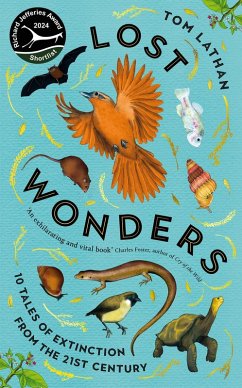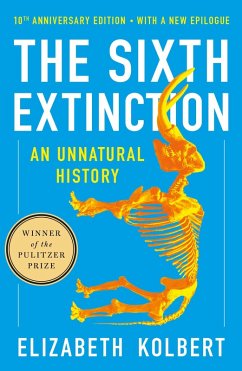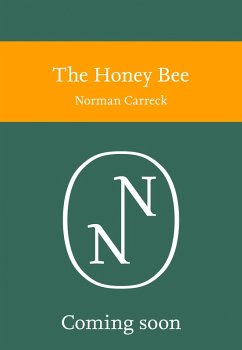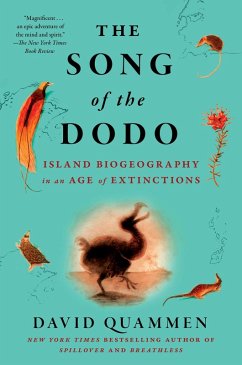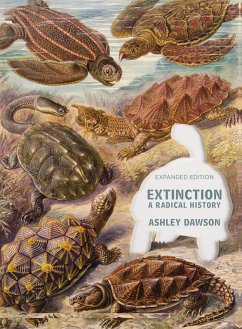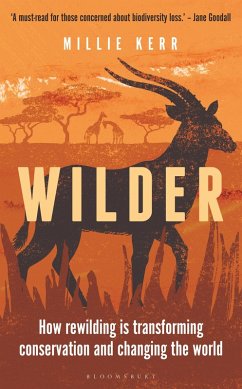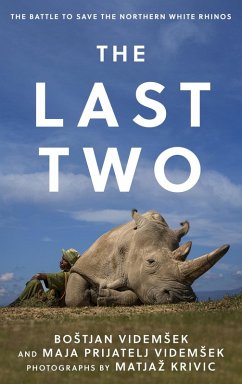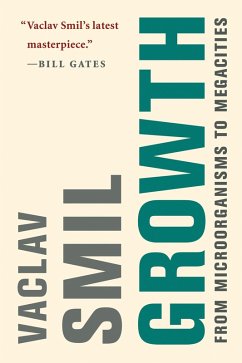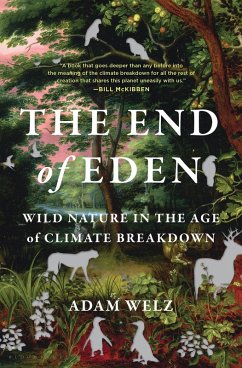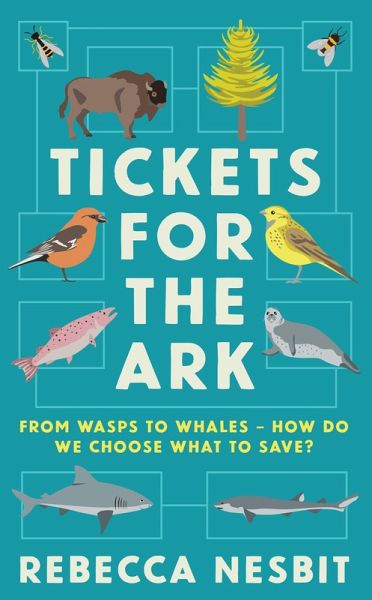
Tickets for the Ark (eBook, ePUB)
From wasps to whales - how do we choose what to save?
Versandkostenfrei!
Sofort per Download lieferbar
9,95 €
inkl. MwSt.
Weitere Ausgaben:

PAYBACK Punkte
5 °P sammeln!
A NEW SCIENTIST BOOK OF THE YEAR 2022'A fascinating read for anyone interested in the future of the planet' Adam Hart, author and BBC science presenterOur planet hasn't seen the current rate of extinction since the demise of the dinosaurs 65 million years ago, and global conservation efforts are failing to halt this. As a society, we face choices which will determine the fate of Earth's estimated 8.7 million species, including humans. As wildlife declines, conservation needs to make trade-offs. But what should we conserve and why?Are we wrong to love bees and hate wasps? Are native species mor...
A NEW SCIENTIST BOOK OF THE YEAR 2022
'A fascinating read for anyone interested in the future of the planet' Adam Hart, author and BBC science presenter
Our planet hasn't seen the current rate of extinction since the demise of the dinosaurs 65 million years ago, and global conservation efforts are failing to halt this. As a society, we face choices which will determine the fate of Earth's estimated 8.7 million species, including humans. As wildlife declines, conservation needs to make trade-offs. But what should we conserve and why?
Are we wrong to love bees and hate wasps? Are native species more valuable than newcomers (aka invasives)? Should some animals be culled to protect others, and what do we want the 'natural world' to look like? There are many surprising answers in Rebecca Nesbit's lively, stimulating book, which sows the seeds of a debate we urgently need to have.
'A fascinating read for anyone interested in the future of the planet' Adam Hart, author and BBC science presenter
Our planet hasn't seen the current rate of extinction since the demise of the dinosaurs 65 million years ago, and global conservation efforts are failing to halt this. As a society, we face choices which will determine the fate of Earth's estimated 8.7 million species, including humans. As wildlife declines, conservation needs to make trade-offs. But what should we conserve and why?
Are we wrong to love bees and hate wasps? Are native species more valuable than newcomers (aka invasives)? Should some animals be culled to protect others, and what do we want the 'natural world' to look like? There are many surprising answers in Rebecca Nesbit's lively, stimulating book, which sows the seeds of a debate we urgently need to have.
Dieser Download kann aus rechtlichen Gründen nur mit Rechnungsadresse in A, D ausgeliefert werden.




